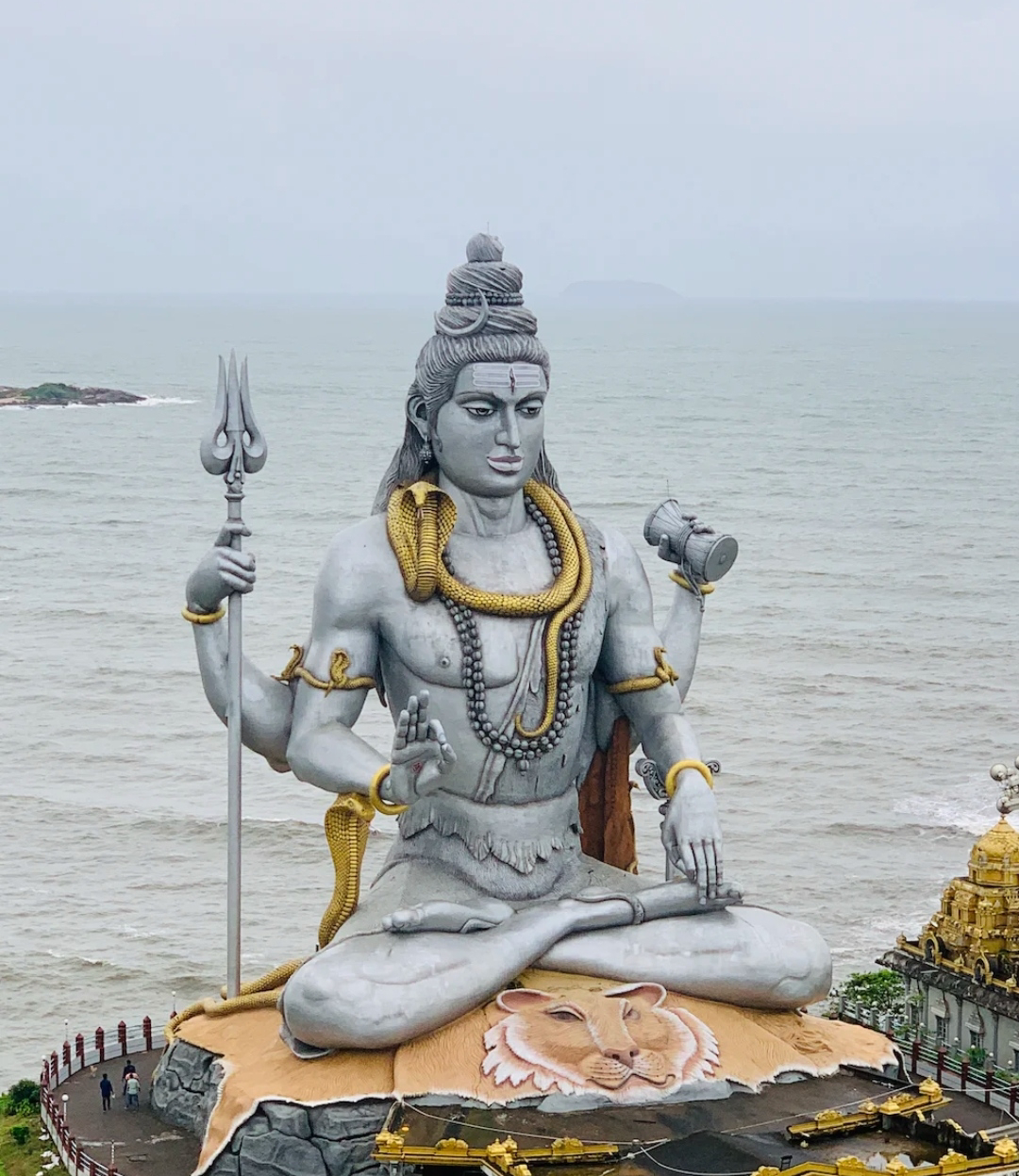Title: "The Immortals of Meluha: A Journey into Myth and Heroism"
Title: "The Immortals of Meluha: A Journey into Myth and Heroism"
Introduction: "The Immortals of Meluha," authored by Amish Tripathi, is the first installment in the highly acclaimed Shiva Trilogy. Released in 2010, this novel takes readers on a captivating journey into a world where mythology intertwines with adventure and explores the transformation of an ordinary man into a revered deity. With its intricate storytelling and compelling characters, "The Immortals of Meluha" presents a riveting tale that combines history, fantasy, and philosophy.
Synopsis: Set against the backdrop of ancient India, the story unfolds in the kingdom of Meluha, which faces numerous perils and struggles. The protagonist, Shiva, a Tibetan immigrant, is unexpectedly designated as the prophesied "Neelkanth" who will lead Meluha to victory against its enemies, the Chandravanshis. Tasked with the responsibility of fulfilling his destiny, Shiva embarks on an epic adventure that challenges his beliefs and transforms his identity.
Main Themes:
Mythology and Religion: "The Immortals of Meluha" delves into the realm of Hindu mythology, seamlessly blending fiction and religious traditions. Amish Tripathi takes inspiration from ancient scriptures and presents his own interpretation of well-known gods and legends. Through Shiva's journey, the novel explores the nature of divinity, the complexities of religious systems, and the idea of fate versus free will.
Good and Evil: The novel delves into the concept of good and evil, blurring the lines between the two. Characters such as Shiva, who is portrayed as a flawed hero, and the Chandravanshis, often depicted as the antagonists, challenge traditional notions of morality. The exploration of the shades of gray within individuals and societies adds depth to the narrative, prompting readers to question their own preconceived notions of right and wrong.
Identity and Transformation: Shiva's character undergoes a profound transformation throughout the story. Initially portrayed as an ordinary mortal, he gradually embraces his destiny as the Neelkanth and the leader of Meluha. This transformation raises questions about the nature of identity, the impact of circumstances, and the potential for personal growth and change.
Social and Political Commentary: Amidst the gripping narrative, the novel also touches upon relevant social and political themes. It critiques caste-based discrimination, questions the nature of governance and leadership, and explores the power dynamics between different social groups. These elements not only enhance the depth of the story but also prompt readers to reflect on the real-world implications of these issues.
Conclusion: "The Immortals of Meluha" is a compelling tale that weaves together mythology, adventure, and philosophical exploration. Amish Tripathi's imaginative reimagining of ancient Hindu legends breathes new life into familiar characters and narratives. The novel's themes of mythology, identity, good and evil, and social commentary provide readers with both entertainment and food for thought. As the first book in the Shiva Trilogy, "The Immortals of Meluha" sets the stage for a remarkable series that captivates readers with its rich storytelling and thought-provoking concepts.




Comments
Post a Comment